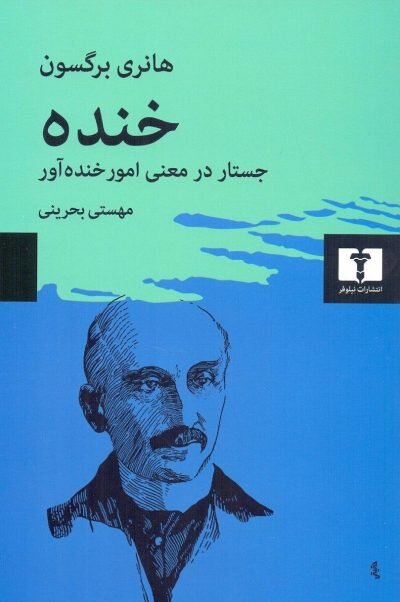Henri Bergson’s “Laughter” published in Persian

TEHRAN – A Persian translation of “Laughter: An Essay on the Meaning of the Comic” written by French philosopher Henri Bergson has been published by Nilufar Publications in Tehran.
The book has been translated into Persian by Mahasti Bahreini.
In this great philosophical essay, Bergson explores why people laugh and what laughter means.
Written at the turn of the twentieth century, “Laughter” explores what it is in language that makes a joke funny and what it is in us that makes us laugh.
One of the functions of humor, according to Bergson, is to help us retain our humanity during an age of mechanization. Like other philosophers, novelists, poets and humorists of his era, Bergson was concerned with the duality of man and machine. His belief in life as a vital impulse, indefinable by reason alone, informs his perception of comedy as the relief we experience upon distancing ourselves from the mechanistic and materialistic.
“A situation is always comic,” Bergson notes, “If it participates simultaneously in two series of events which are absolutely independent of each other, and if it can be interpreted with two quite different meanings.”
Bergson was one of the most famous and influential French philosophers of the late 19th century-early 20th century. Although his international fame reached cult-like heights during his lifetime, his influence decreased notably after World War II.
He was also a master literary stylist, of both academic and popular appeal, and was awarded the Nobel Prize for Literature in 1927.
“Creative Evolution”, “Matter And Memory”, “Time And Free Will”, “An Introduction To Metaphysics” and “The Two Sources Of Morality And Religion” are among Bergson’s credits.
Photo: Front cover of French philosopher Henri Bergson’s book “Laughter: An Essay on the Meaning of the Comic”.
RM/MMS/YAW
